Blatter prepares for Seoul showdown
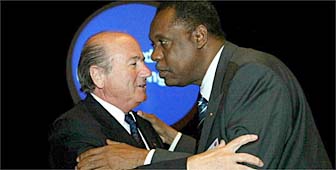
It comes up for grabs every four years and could be described as football's greatest prize - not the World Cup trophy, of course, but the presidency of FIFA.
The battle to preside over world football’s governing body has acquired all the trappings of a dramatic sporting contest with Switzerland’s Sepp Blatter bidding to defend his title against Cameroon’s Issa Hayatou – and a strong field of critics.
Behind all the accusations and counter-accusations are two candidates with a number of striking similarities and equally notable differences.
Worlds apart
The family backgrounds of Blatter and Hayatou could hardly be further apart.
While Blatter grew up among the alpine mountains of canton Valais, Hayatou was raised in Garoua – a northern Cameroonian town close to the Saharan desert.
Blatter is the son of a bicycle repairman, while Hayatou was born into a regal family with a father who ruled over the region and an elder brother, Sadou, who would serve as Cameroon’s prime minister in the early 1990s.
But despite the disparity of their beginnings both men shared a reasonable talent for sport that they would later develop into successful careers as sports administrators.
Sporting talents
As a player Blatter was always a football man and though he never signed a professional contract he did make it into Switzerland’s top amateur league. Hayatou shone in basketball and athletics, winning national titles over 400 and 800 metres.
Although setting his sights on a professional football career, Blatter was pressured by his father into attending Lausanne University from where he graduated with a degree as Bachelor of Business Administration and Economics.
Hayatou also completed his university studies before gaining a diploma as a teacher of physical education. After working as an athletics trainer, the Cameroonian turned his attention to soccer administration at about the same time that Blatter was being welcomed onto the board of Neuchâtel Xamax football club.
Having previously worked as head of public relations for the canton Valais tourist board and as the general secretary of the Swiss ice hockey association, Blatter gained his first experience on the international sports scene at the 1972 and 1976 Olympic Games while working as the Longines watch company’s Director of Sports Timing.
FIFA men
It was in 1975 that Blatter’s association with FIFA began. Joining the organisation as its director of development programmes, he rose to the rank of secretary general within six years.
Hayatou was meanwhile serving in the same post at the Cameroon Football Federation. After then serving as his country’s sports director from 1983 to 1987, he was elected as president of the African Football Confederation in 1988.
The position earned Hayatou an office at FIFA’s headquarters in Zurich, 13 years after Blatter’s own move to the business capital of Switzerland.
In 1990 Hayatou had been appointed to the organisation’s Executive Committee, while Blatter was being promoted to the position of Chief Executive Officer where he worked in close co-operation with ageing president João Havelange.
Tough at the top
When Havelange reluctantly agreed to end his 28-year-reign in 1998, Blatter was finally able to take the reins – although his acrimonious election victory over European football president Lennart Johansson seems to have played a major part in the subsequent in-fighting at FIFA House.
Along with Hayatou, Johansson has been one of Blatter’s most vociferous opponents within FIFA during the run-up to Wednesday’s ballot.
While Blatter is presenting himself as a man of the people who has fought for the game’s grass roots while simultaneously overseeing the modernisation of the sport, his critics have been focussing on FIFA’s recent financial difficulties and alleged corruption within the corridors of power.
Hayatou is unsurprisingly choosing to put himself forward as “Mister Clean”, promising increased transparency and the open publication of FIFA’s financial accounts. He is also proud of his record in Africa, having helped increase the continent’s number of World Cup finals places from two in 1990 to five by 1998.
For many of Blatter’s supporters though, Hayatou is at best an opportunist, and at worst a puppet whose candidacy is based less on home support than on the scheming of disgruntled Europeans.
Certainly their long, separate roads from the peaks of Switzerland and the sands of Cameroon have prepared both men well for the showdown in Seoul. Fans of the sport must already be wondering if the World Cup itself will be able to match the high drama of FIFA’s presidential battle.
by Mark Ledsom

In compliance with the JTI standards
More: SWI swissinfo.ch certified by the Journalism Trust Initiative
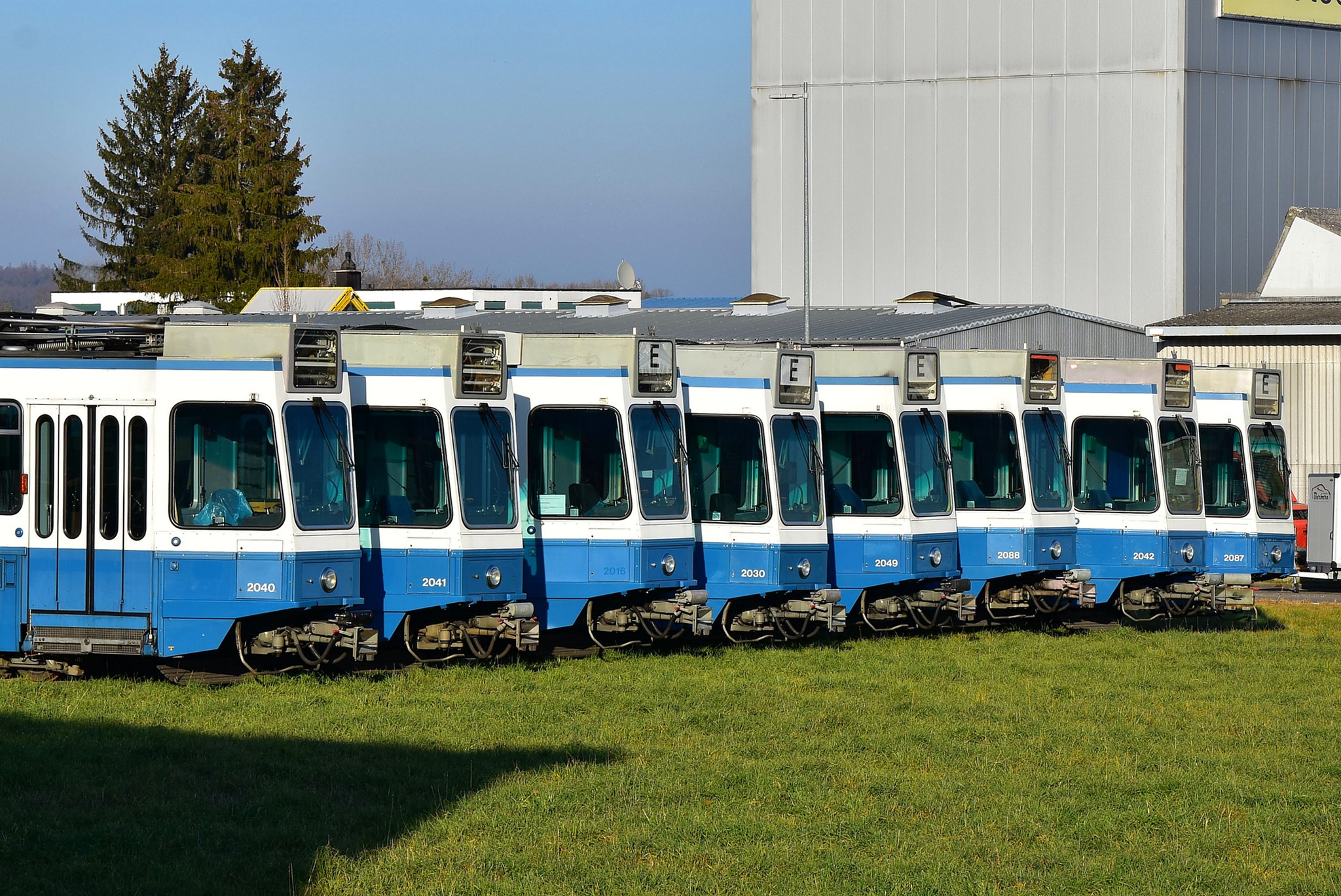

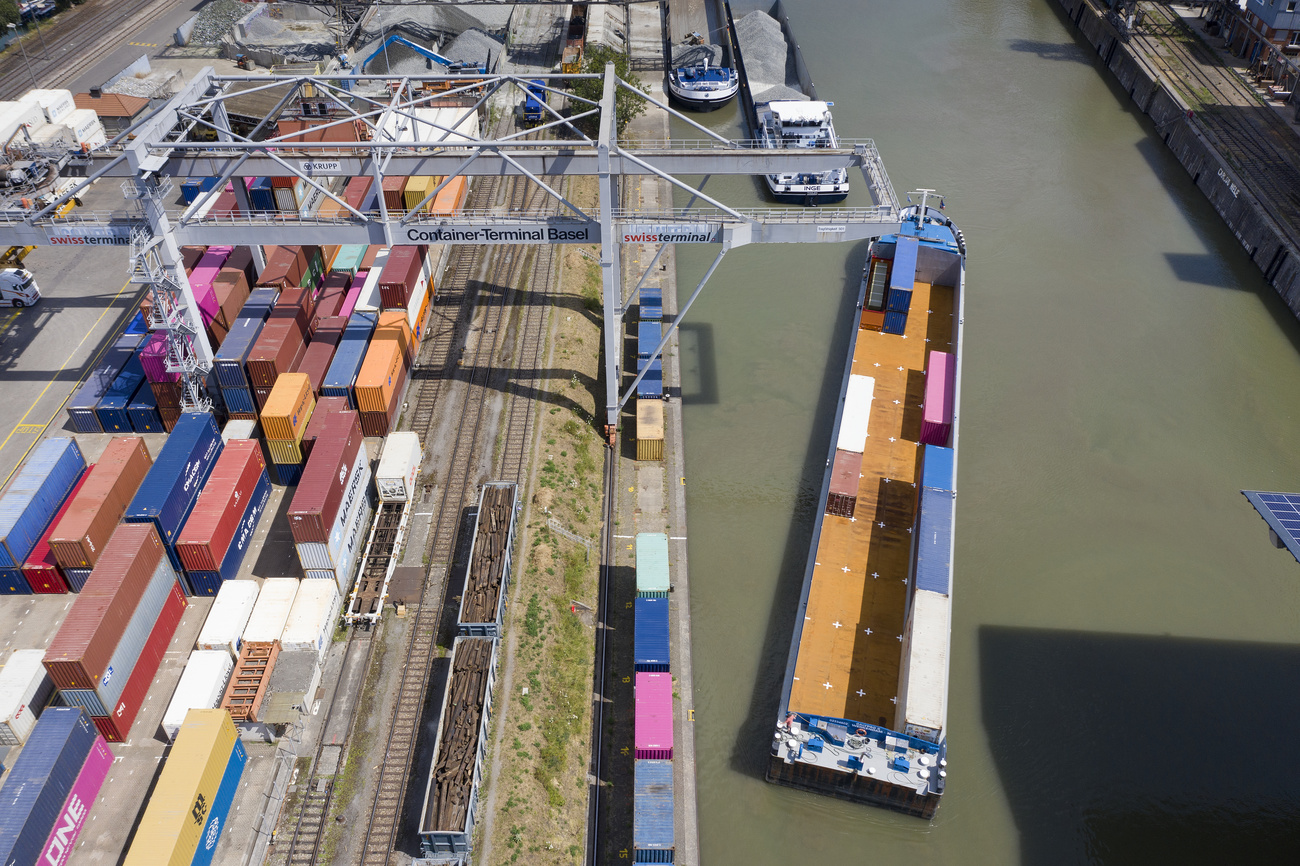

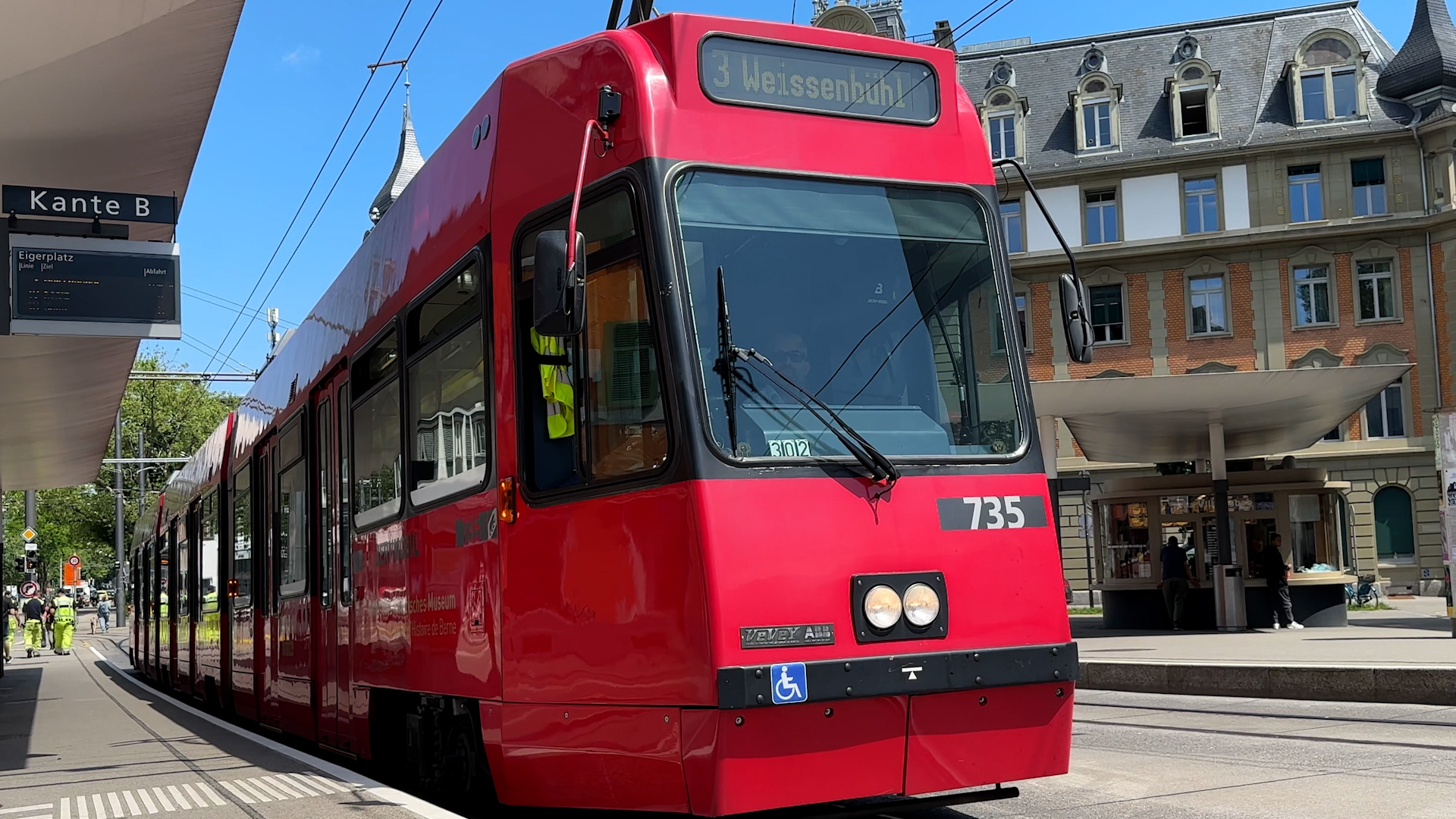


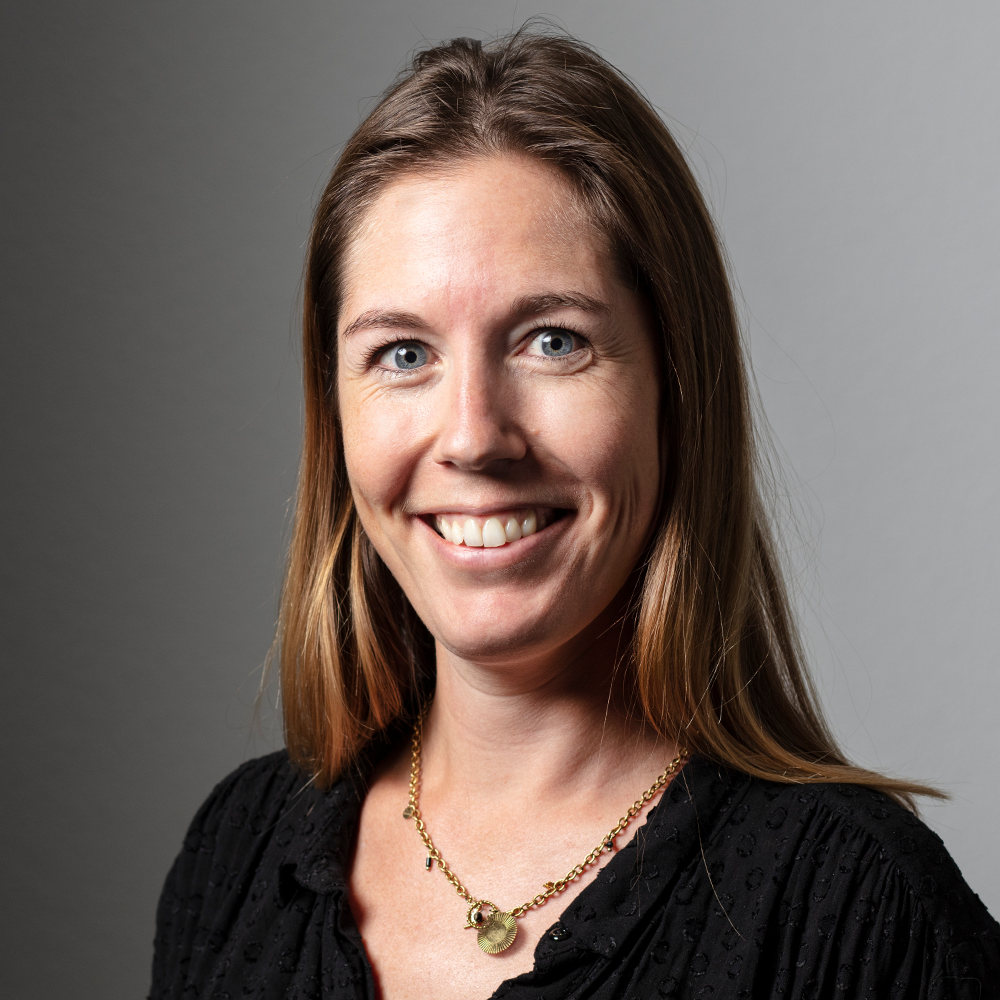
You can find an overview of ongoing debates with our journalists here . Please join us!
If you want to start a conversation about a topic raised in this article or want to report factual errors, email us at english@swissinfo.ch.